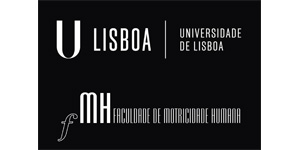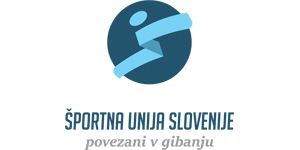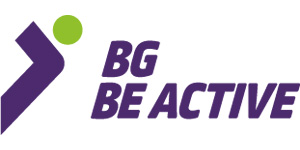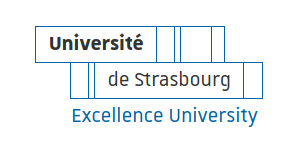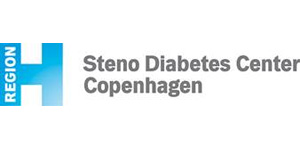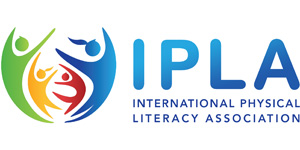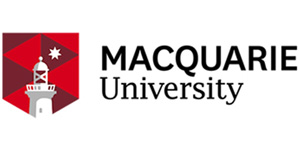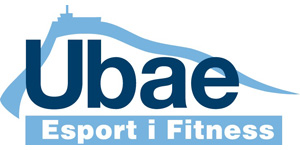What does it mean to be physically literate?
14/10/2019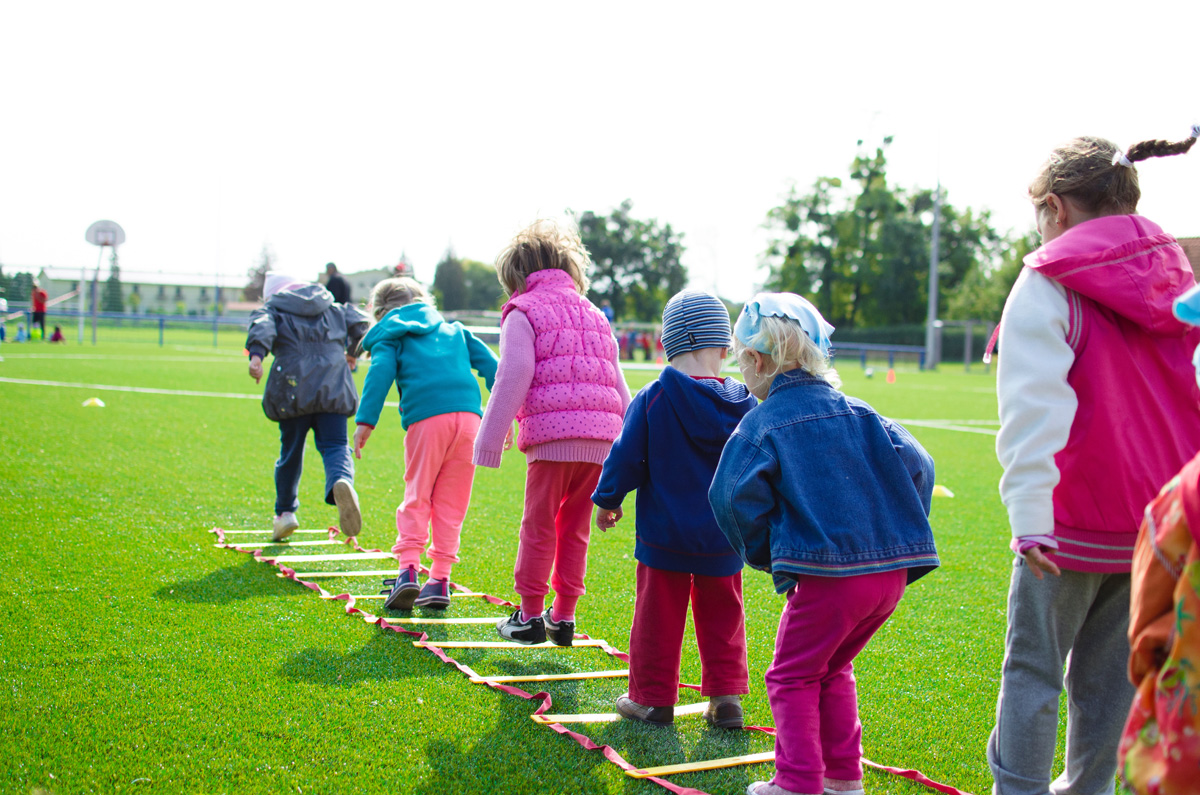
New ISCA project starts in 2020
Literacy is embedded in our understanding of education as developing the ability to read and write – so what does it mean to be “physically literate”? ISCA’s newest Erasmus+ Collaborative Partnership project, “Physical Literacy for Life”, will explore this emerging concept, putting the spotlight on movement as a vital aspect of lifelong learning.
The two-year project, starting in January 2020, will see experts in physical literacy from two continents join forces with grassroots sport organisations. Together, they will develop both theoretical and practical resources that can help teachers and coaches integrate the teaching of physical literacy into their delivery of physical education, physical activity and sport programmes.
The resources will feature a diagram for physical literacy for all life phases, a Physical Literacy Self-Assessment and Advocacy Toolbox, and a training booklet to support teachers and coaches in promoting physical literacy as a key competence.
Physical Literacy for Life is set to build on some of the groundwork made in both Europe and Australia, in particular by project partners EUPEA, which was a partner of the EU-supported PHYLIT project led by Youth Sport Trust International, and Dean Dudley from Macquarie University, one of the researchers who is working with Sport Australia to put physical literacy on the federal government’s health and wellbeing agenda.
Physical Literacy for Life partners: International Sport and Culture Association, Denmark (lead), European Physical Education Association (EUPEA, Switzerland), International Physical Literacy Association (UK), Macquarie University (Australia), Human Kinetics Faculty of the University of Lisbon (Portugal), University of Strasbourg (France), Steno Health Promotion Research (Denmark), BG Be Active (Bulgaria), DGI (Denmark), Sports Union of Slovenia, and UBAE (Spain).
KEY FACTS
Project period: January 2020-December 2021
Co-funded by: European Commission (Erasmus+ Sport Collaborative Partnerships)
Grant amount: €383,603





